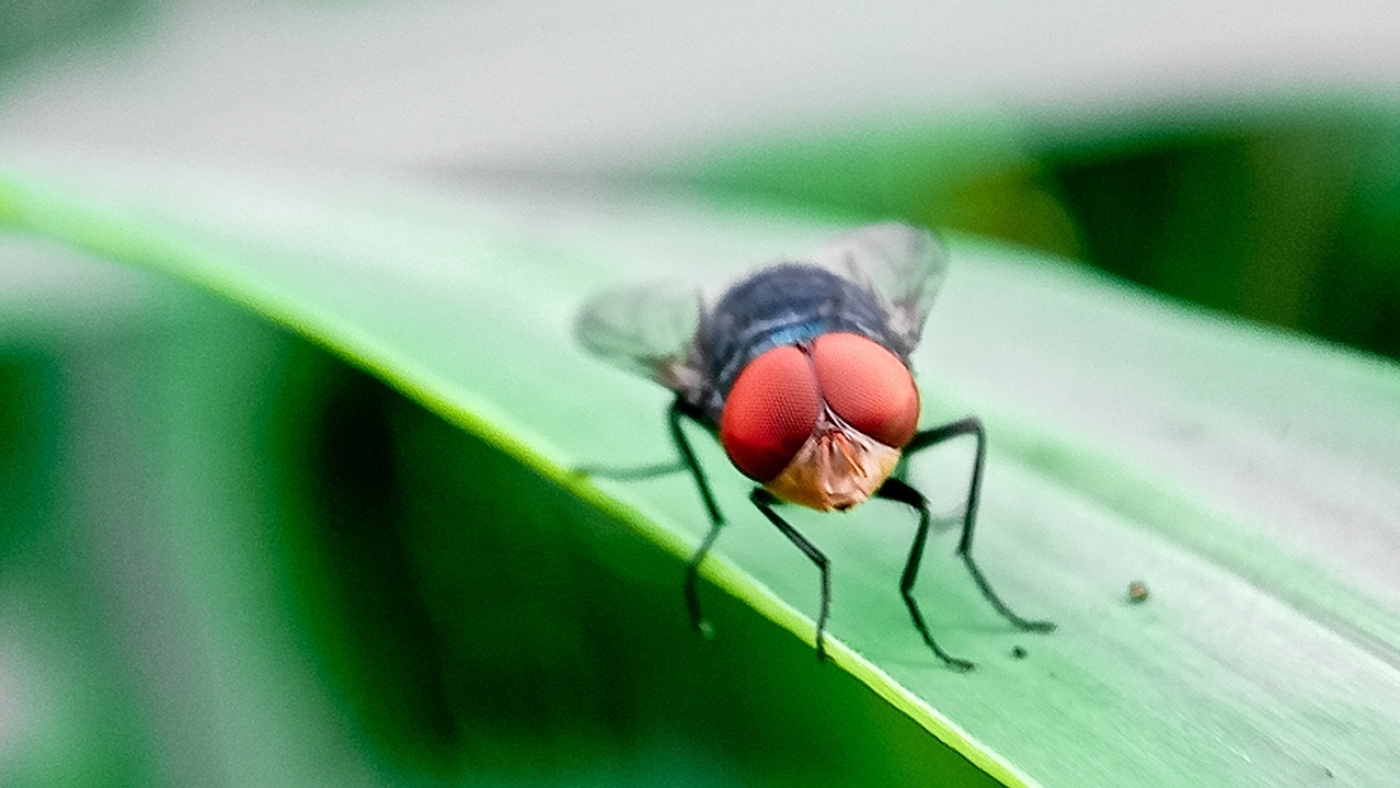Austria has captured the spotlight at the Eurovision Song Contest, winning for the third time. The grand final took place in Switzerland, where singer JJ thrilled fans with his powerful performance of “Wasted Love.” This operatic pop anthem showcased his stunning vocals and captivated the audience in Basel.
This victory marks Austria’s first win since Conchita Wurst’s famous triumph in 2014. JJ’s dramatic staging, resembling a shipwreck, added depth to his performance, making it unforgettable.
Following Austria, Israel’s Yuval Raphael secured second place. Her song, “New Day Will Rise,” resonated deeply, especially as she is a survivor of the October 7 attacks by Hamas. Estonia took third place, while San Marino finished last.
Before the competition, JJ expressed his gratitude. He shared, “I feel very, very humbled and honored that my artwork is being so well accepted. This is the kind of music I want to keep creating.” He also opened up about his struggles, mentioning his inspiration came from his “personal experience with wasted, unreciprocated love.”
The Eurovision final isn’t just about music; it’s a crucial event for the LGBTQ+ community, attracting viewers from all over Europe. The show featured a range of performers, including a Latvian ethno-pop band with a captivating folk-inspired song and a Ukrainian glam rock group that delivered an energetic performance. Another standout was an enigmatic Estonian artist who humorously depicted Italian coffee culture.
Despite hopes for a surprise appearance by Celine Dion, who won Eurovision in 1988, she did not attend. Organizers promote Eurovision as an apolitical celebration. However, it often reflects the political tensions in Europe. Following Russia’s invasion of Ukraine, both Russia and Belarus were banned from the contest. The participation of Israel sparked debate among fans due to ongoing conflicts in Gaza.
Raphael’s performance took place amidst controversial imagery. Palestinian flags appeared in the arena as she sang, highlighting the complexities surrounding the event. During her performance, an attempt to storm the stage occurred but was quickly handled without serious injury.
Eurovision remains a unique blend of music and social expression, celebrating diversity while navigating the intricate political landscape of Europe.
For even more insights into the ongoing implications of Eurovision within the context of European relations, visit [BBC News](https://www.bbc.com/news/world-europe-65612912) for detailed analyses.





















